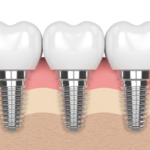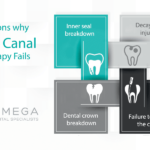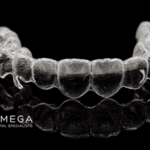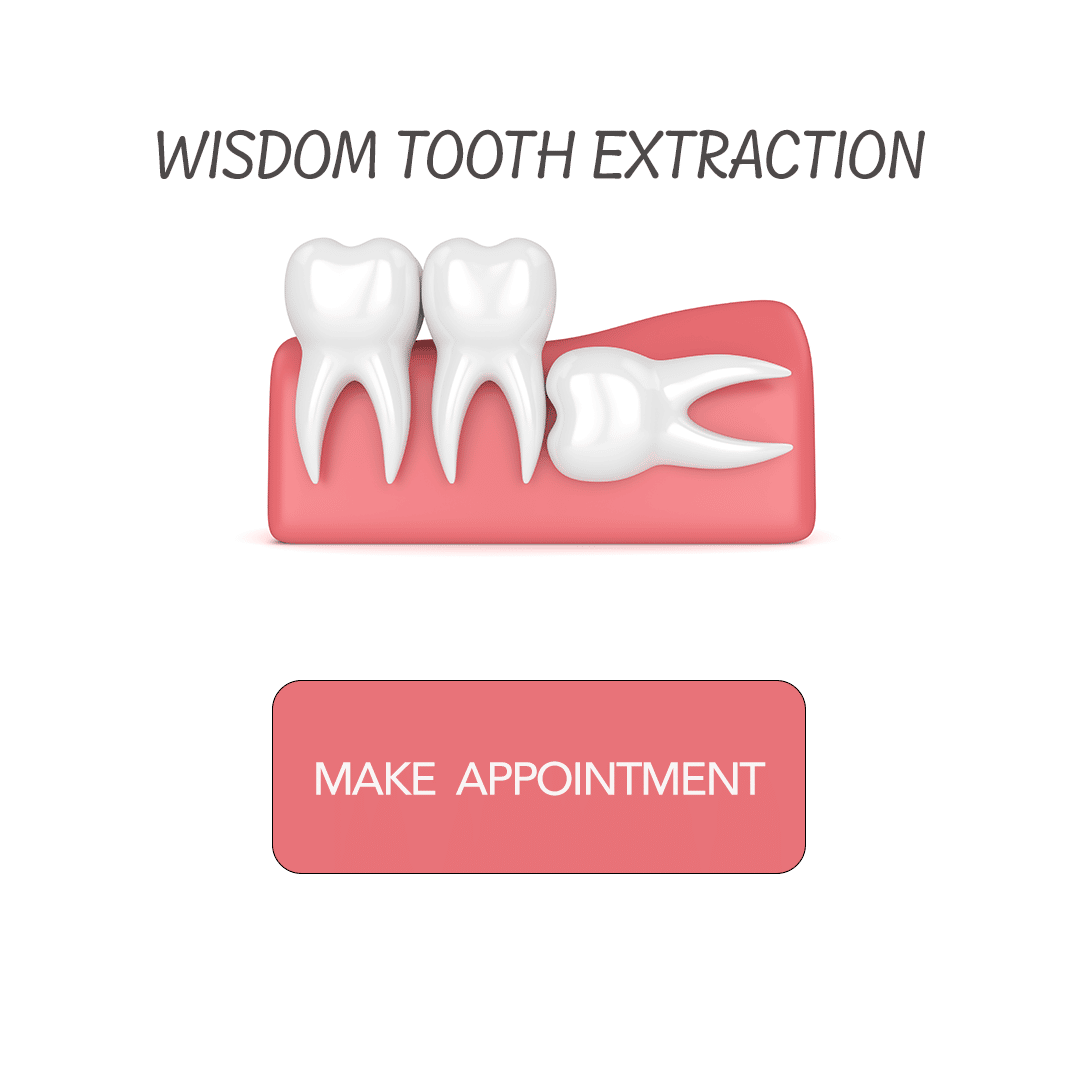What Is The Average Wisdom Tooth Removal Cost?
Because of changes in the dental insurance plan, we have gathered information from a couple of major dental insurance providers in regards to the cost of wisdom teeth removal. When a wisdom tooth extraction is only required local anesthesia, the cost can range anywhere from $100 to $300 per tooth. The dentist may use nitrous oxide to relax the patient. As a result, the cost can increase by about $50-$100. IV sedation can add substantially to the price of a necessary wisdom tooth extraction procedure. IV sedation can range anywhere from $250-$1000 per hour in total cost.
Type of tooth impaction
One primary factor that must be considered about wisdom tooth extraction is the type of tooth impaction. A standard soft tissue impaction is the most accessible type of impacted tooth removal procedure. This is where the tooth has only partially erupted through the gum. Otherwise, a partial bony impaction can be expected to be more complicated wisdom tooth removal. In the case of a partial bony impaction, a portion of the tooth is usually above the gum line, while much of the tooth will still be encased in the jawbone. The procedure required in this situation can be expected to be the most costly.
Wisdom tooth extraction packages
There are many cases where oral surgeons may offer treatment packages if all four wisdom teeth need to be extracted. Wisdom Teeth Removal Cost that includes sedation can range anywhere between $1000 and $1700. The average cost nationwide for removing all wisdom teeth with general anesthesia involved can vary between $1,500 to $2,200. It covers all follow up appointments as well as suture removal session. Complex or more challenging cases can be more expensive.
Wisdom Teeth Removal Cost Breakdown
Your wisdom teeth are located in the back of your mouth, behind your other molars. They are often cramped, and sometimes don’t emerge all the way out of the gums. When it comes to having them removed, complications can make certain extractions more expensive than others. Let’s take a look at the average costs.
– Wisdom Teeth Removal Cost for Simple Extraction
Because of the relative simplicity of the surgery, this is the least costly of all the categories, ranging from $75- $200 per tooth. For all four to be extracted, it will probably be in the range of $300 – $800. This is the simplest wisdom tooth situation. In this case, your wisdom tooth has erupted from your gums.
– Surgical Extraction (Soft Tissue Impaction)
$225- $400 per tooth/$800-1,500 for all four. If your wisdom tooth is fully or partially emerged in your gum, it’s going to be pricier than a simple extraction. Because it’s still partially enclosed in your gum tissue, it’s a slightly more complicated and intensive procedure. In this case, your oral surgeon is going to have to cut into your gums to remove the impacted tooth. This will cost approximately $225- $400 for one tooth, and $800-1,500 for all four.
– Surgical Extraction (Bony Impaction)
$275 – $500 per tooth/$1000-$1,800 for all four. Bony impaction of your wisdom teeth requires the most extensive surgery. Basically, this means that all or part of your wisdom tooth is still lodged in your jaw bone. To access and remove the teeth, they will have to remove small pieces of your jaw in addition to the wisdom tooth.
Because of the higher degree of difficulty, this is the priciest type of wisdom teeth removal. For a single tooth, it could cost $275 – $500 but could go up to $900. For all four to be removed with a bony impaction, it could be $1000-$1,800. In some cases, it could cost up to $3,000 for all four.
Why Wisdom Teeth Have To Be Extracted?
Your third molars, most commonly called wisdom teeth, typically come in when you’re between the ages of 17 and 25. But for many people, these teeth don’t come in properly. They may grow sideways, causing impaction and pressure on your other teeth. Or, they may come in but cause crowding in your mouth. For these reasons, your dentist may advise that you have your wisdom teeth removed. There are many cases where problems develop as the wisdom teeth begin to erupt. They may emerge in a way that results in crowding, or they may come in too close to existing permanent teeth. They may develop, leading to an improper bite or other similar types of related problems. One situation that almost always requires wisdom tooth extraction is when they become impacted. This can be an extremely painful situation for patients and is ultimately harmful to long-term dental health. Typical symptoms of an impacted wisdom tooth include inflammation, chronic pain, and even potential infection.
Does Dental Insurance Cover Tooth Extraction Cost?
Though it depends on the dental insurance plan you have, you might be able to save around 80% on your wisdom tooth extraction cost. Just keep in mind that some dental insurance plans have yearly limits for how much they pay out. This means that you might want to split your procedures into two years. So, if you’re getting two impacted wisdom teeth removed and your dental insurance company has a yearly limit of $1,500, you could postpone completing the surgery until your benefits start over. You can also consider options like dental discount plans, and don’t forget to talk to your dentistry team before you get started. They can help guide you and break down some of the costs so you can clearly see your options. Some dental practices will set you up with financing and payment plans to help you handle the cost. Patients should also be aware of the fact that most dental insurance companies will cover part or all of the costs associated with the wisdom tooth extraction. Patients who do not carry insurance should talk with their dental care provider to find out what options are available to them.
Indicators that a Tooth is Growing in Impacted
For many people, there is a time when it becomes apparently evident that wisdom teeth should be removed. If it turns out to be no room available in the mouth for wisdom teeth or they are not growing in general, the patient would be best served by having those teeth removed. Some symptoms indicate that a tooth is an emerging impacted. For example, an infection of the mouth, as well as pain or swelling of the face and swelling of the gum line, can all be clear indicators that a tooth is growing in impacted. Most dental care professionals recommend having wisdom teeth removed immediately if any of these symptoms are experienced or if it becomes an ongoing problem. Perhaps most concerning of all is when an impacted tooth begins to destroy the second molar.
How is the Procedure Performed?
The extraction of a wisdom tooth is a routine treatment that is very frequently performed as an outpatient procedure. The complexity of this type of dental procedure often depends on the number of teeth that require removal. Apparently, removing one wisdom tooth as compared to removing all wisdom teeth will be different. In most cases, wisdom tooth removal will take a few hours. First, local anesthesia is injected into the area where the tooth or teeth are to be removed. The area quickly becomes numb so that the patient feels no pain. Next, the surgeon removes the gum in the area where the tooth will be extracted. Once the wisdom tooth or teeth have been successfully removed, the surgeon will close the wound and stitch the area. In most situations, recovery is quick and only takes a few short days.
When Do Wisdom Teeth Become Problematic?
In many cases, there simply isn’t enough room in the mouth for the wisdom teeth to grow comfortably. This lack of room can cause severe overcrowding and discomfort in the mouth. This can lead to a greater risk of infections. It can also set up risks for tooth decay since wisdom teeth are more difficult to adequately clean. In serious cases, wisdom teeth can actually become impacted when they don’t grow in the right. As discussed, this means that they’re fully or partially stuck in the gums. In cases of impaction, your wisdom teeth often grow at an angle towards the other teeth in your mouth. They can grow towards the back of the mouth, towards the neighboring teeth, and at a right angle towards your second molar. Impaction, untreated, can cause some serious problems:
- Cysts. When your tooth is impacted within the jawbone, it can occasionally form a cyst around it that then fills with fluid. This fluid-filled sac puts your nerves and teeth in danger.
- Crowding. Your wisdom tooth can cause overcrowding in your mouth. This overcrowding then pushes your other teeth together, which can contribute to crooked teeth and increased jaw pain and discomfort. It can cause special damage to the nearby second molar by pressing against it, in some cases causing a painful infection.
- Decay & gum disease. Because they’re more difficult to clean in general, wisdom teeth can cause food particles to become lodged in small crevices and decay. This exposes people to the dangers of tooth decay and gum disease.
Symptoms of Wisdom Tooth Issues
It’s important to take regular trips to your dentist, as it might not always be clear when you have an impacted wisdom tooth. However, you might experience some of the following symptoms if you get an infection:
- Bad breath
- Earache
- Toothache
- Swollen Gums
- A headache
- Strange taste in the mouth
- Bleeding gums
If you’re having any of these symptoms, it’s important to schedule an appointment to talk to an oral health professional about your options.







